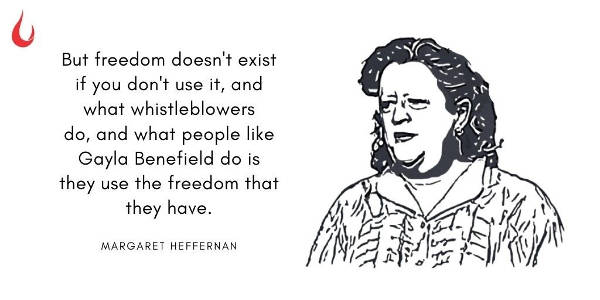[Image by Gerd Altmann from Pixabay]
Good morning,
In their recent book on India’s economic policy (In Service of the Republic), Vijay Kelkar and Ajay Shah explain why the cult of speed often results in failure. They write:
“A cult of jald baazi is taking root in India. This is the notion that a problem can be understood in a few days, and solved in a few weeks. Powerful policymakers tend to whip up a frenzy of getting things done quickly. Every expert in India has gone through the surreal experience of being ignored for years, and then asked to deliver a reform document overnight.”
The coronavirus pandemic gave no nation time to ‘slow cook’ solutions, and speed was of essence. However, the ability to respond the right way and at the right speed depends on the state capacity, on the strength of institutions and on the management bandwidth within the government. They take time to build.
In his 2015 D.D. Kosambi Ideas Festival lecture, Raghuram Rajan—drawing on Francis Fukuyama’s magisterial work on how the political system, and its three pillars, democratic accountability, rule of law, and state capacity evolved across the world—had this to say about India:
“Of the three pillars that Fukuyama emphasises, the strongest in India is therefore democratic accountability. India also adheres broadly to the rule of law. Where arguably we may have a long way to go, as Fukuyama has emphasised, is in the capacity of the government (and by this I mean regulators like the RBI also) to deliver governance and public services.”
The crisis has highlighted the deficiencies in state capacity and at the same time, the dangers of giving too much power to the state. It’s for us to push it to the right place, while ensuring that it doesn’t cross the danger line.
One of the items in today’s newsletter points to a simple solution. Please do read on.
Wish you a great week ahead
Manage with data
In Harvard Business Review, Das Naryandas, Vinay Hebbar and Liangliang Li write about the lessons one can learn from how Chinese companies responded to Covid-19. Some of them are seemingly easy—be transparent about challenges, adopt new modes of communication—others demand hard work. Here’s an example of Ping An Bank.
The bank, they write, has transformed “its organisation from the traditional hierarchical pyramid to a dumbbell-shaped organisation by increasing the number of senior executives focused on digital transformation and IT; keeping the number of middle-level managers flat despite rapid growth; and expanding the scale of front line market-facing teams. The firm has encouraged senior leaders to directly manage larger front line teams using digital tools and data, changing their primary mode of working from ‘managing with experience’ to ‘managing with data’. The firm’s business performance reached record high levels in April 2020 despite the crisis.”
Use your freedoms

In a TED Talk in 2013, Margaret Heffernan shared the inspiring story of Gayla Benefield, who while doing her job, noticed something was not right in her beautiful, isolated hometown—many of her fellow middle aged residents had to use oxygen cylinders to survive, and her own parents died too early. She traced it to the deadly asbestos from a nearby mine. When she tried to warn her people, they simply refused to believe her. That didn’t stop Gayla. She persisted, and finally got the US government to act.
There are many lessons for businesses and civil society. The 14-minute-long speech is worth listening to. It ends with something Heffernan told her 12-year-old daughter about Gayla: “She’s not a movie star, and she’s not a celebrity, and she’s not an expert, and Gayla’s the first person who’d say she’s not a saint. The really important thing about Gayla is she is ordinary. She’s like you, and she’s like me. She had freedom, and she was ready to use it.”
Pace yourself

(Via WhatsApp)
Does it feel so even in a lockdown? Share it with us. Or post on Twitter, and tag us @foundingf. Or join our Slack channel and post it there. If you aren’t there already, here is the invite code.
And if you missed previous editions of this newsletter, they’re all archived here.
Bookmark Founding Fuel’s special section on Thriving in Volatile Times. All our stories on how individuals and businesses are responding to the pandemic until now are posted there.
Warm regards,
Team Founding Fuel

